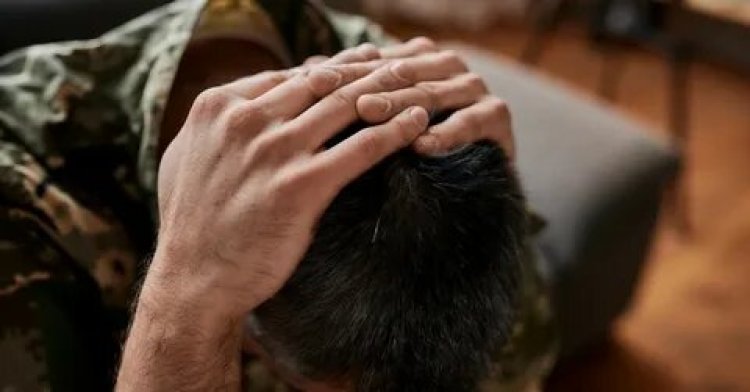Trauma Recovery and the Power of Support Systems
Discover how strong support systems aid trauma recovery and learn about becoming a Certified Trauma Specialist or Certified Trauma Recovery Coach to help others heal.
Share this Post to earn Money ( Upto ₹100 per 1000 Views )

Introduction
Trauma can leave deep emotional scars, affecting every aspect of a person’s life. Whether it stems from childhood experiences, accidents, violence, or loss, the journey to healing often requires more than just time—it requires the right support. A strong support system can be the difference between prolonged suffering and meaningful recovery.
In this article, we’ll explore the critical role of support systems in trauma recovery and how professionals like Certified Trauma Specialists and Certified Trauma Recovery Coaches can guide individuals toward healing.
Understanding Trauma and Its Impact
Trauma disrupts the brain’s normal functioning, often leading to symptoms such as:
-
Anxiety and depression
-
Flashbacks and nightmares
-
Emotional numbness
-
Difficulty trusting others
Without proper intervention, trauma can manifest in long-term mental and physical health issues. However, recovery is possible with the right strategies and support.
The Role of Support Systems in Trauma Recovery
A support system consists of friends, family, therapists, and community networks that provide emotional, psychological, and sometimes physical assistance. Here’s how they help:
1. Emotional Validation and Safety
Trauma survivors often feel isolated. A supportive network reassures them that their feelings are valid and that they are not alone.
2. Encouragement and Motivation
Healing is a gradual process. Loved ones and professionals can encourage survivors to stay committed to therapy and self-care.
3. Professional Guidance
While friends and family provide comfort, trained professionals like Certified Trauma Specialists and Certified Trauma Recovery Coaches offer structured therapeutic techniques to address trauma effectively.
How Professionals Aid in Trauma Recovery
The Role of a Certified Trauma Specialist
A Certified Trauma Specialist is trained in evidence-based therapies such as EMDR, CBT, and somatic experiencing. They help clients process trauma safely and develop coping mechanisms.
The Role of a Certified Trauma Recovery Coach
A Certified Trauma Recovery Coach focuses on empowering survivors through goal-setting, resilience-building, and personalized recovery plans. They provide ongoing support outside clinical settings.
If you’re passionate about helping others heal, consider enrolling in a Certified Trauma Specialist course or becoming a Certified Trauma Recovery Coach to make a meaningful impact.
Building a Strong Support Network
For Survivors:
-
Seek therapy with trauma-informed professionals.
-
Join support groups to connect with others who understand your experiences.
-
Communicate your needs to trusted friends and family.
For Supporters:
-
Educate yourself on trauma responses.
-
Practice active listening without judgment.
-
Encourage professional help when needed.
Conclusion
Trauma recovery is a challenging but transformative journey. With the right support system—including loved ones and trained professionals like Certified Trauma Specialists and Certified Trauma Recovery Coaches—healing becomes attainable.
FAQs About Trauma Recovery and Support Systems
1. How long does trauma recovery take?
Recovery varies for each individual. Some may see progress in months, while others need years of support. Professional guidance can accelerate healing.
2. Can I become a trauma recovery coach without a psychology degree?
Yes! Many Certified Trauma Recovery Coach programs provide specialized training without requiring a prior degree in psychology.
3. What’s the difference between a trauma specialist and a trauma coach?
A Certified Trauma Specialist typically provides clinical therapy, while a Certified Trauma Recovery Coach offers non-clinical support, focusing on empowerment and daily coping strategies.
















